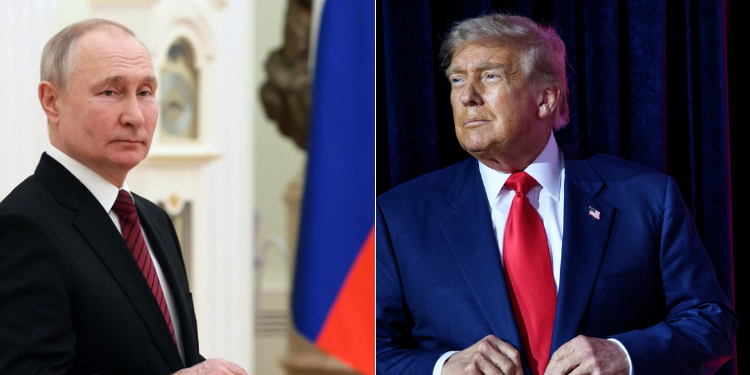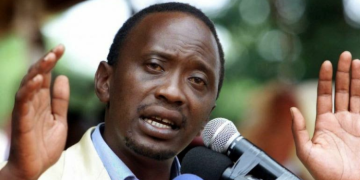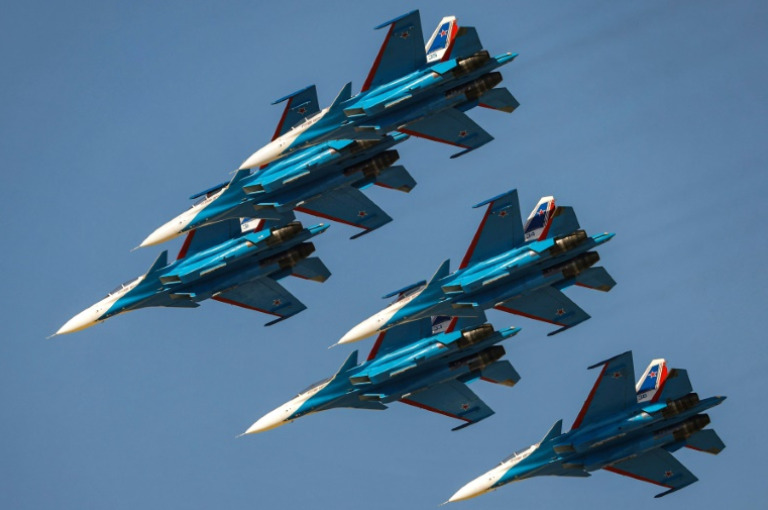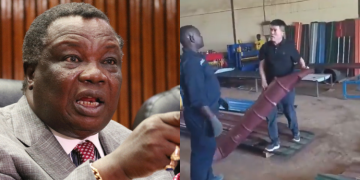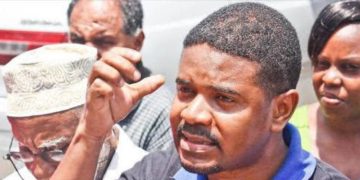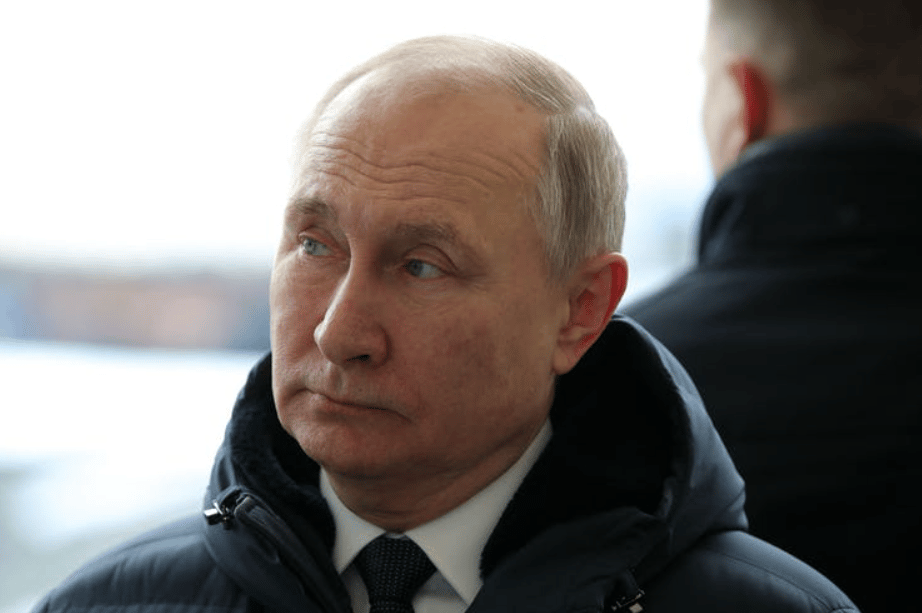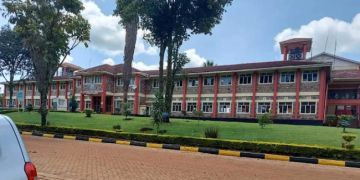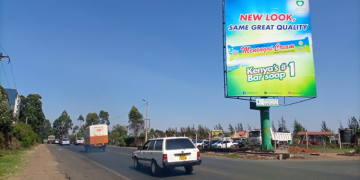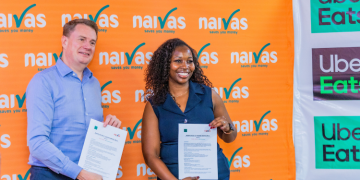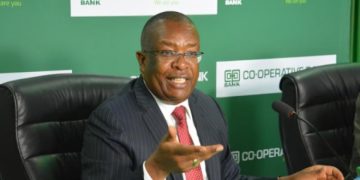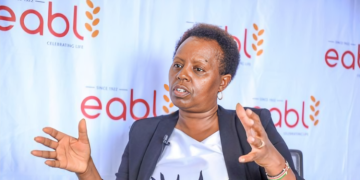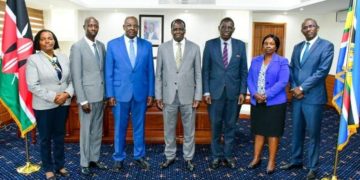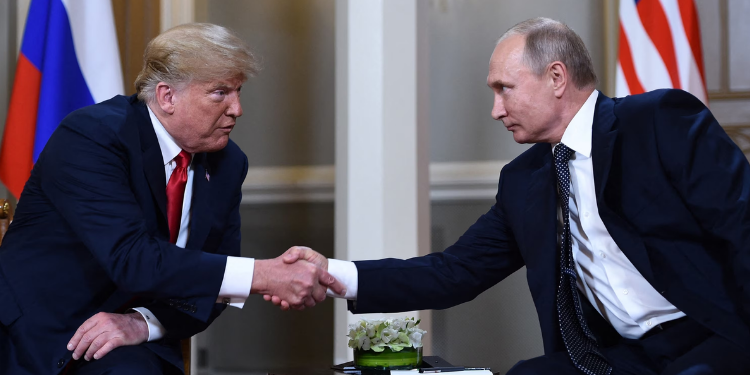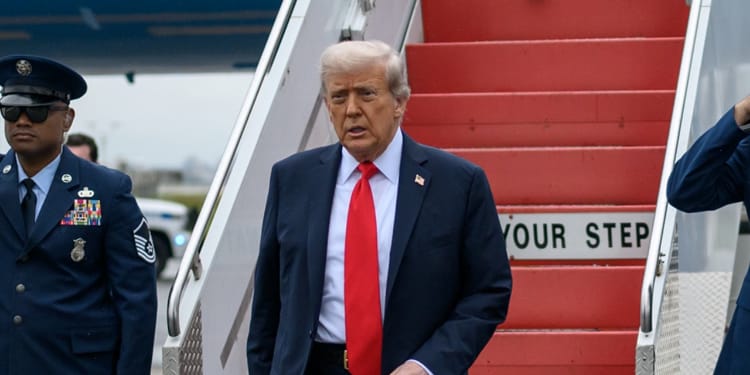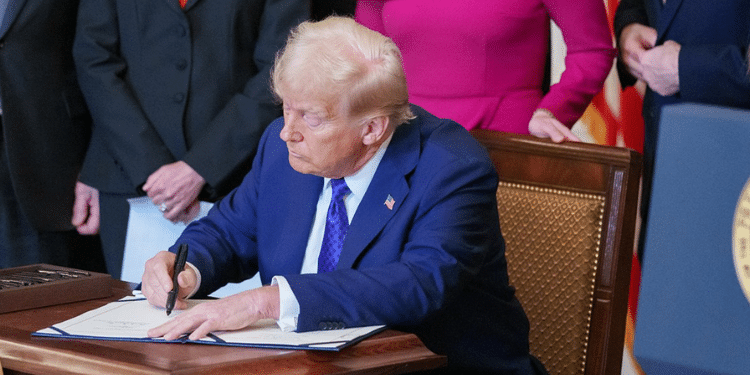The wind stings your face in Alaska. It comes sweeping off the mountains and across Joint Base Elmendorf-Richardson, where Donald Trump and Vladimir Putin are meeting for the first time in six years. It echoes a Cold War.
But today, they’ll talk about disputes and, maybe, peace. The war in Ukraine has gone on for more than three years now, and tens of thousands have died.
Trump says there will be “very severe consequences” if Putin refuses a ceasefire. But behind the scenes, the chatter is different. Russian officials want more than a truce. They want land already taken, a promise that Ukraine will never join NATO, and cuts to its armed forces. For Putin, it’s not just an end to fighting — it’s a stamp on history that says he won.
Kenya’s Voice in the Background
Kenya isn’t at the table. Still, its position on this war has been steady since day one.
Back in February 2022, at the United Nations Security Council, Ambassador Martin Kimani delivered a speech that made headlines at home and abroad: “This situation echoes our history. Kenya and almost every African country were birthed by the ending of empire. Our borders were not of our own drawing… Today, across the border of every single African country, live our countrymen with whom we share deep bonds.”
Those words came from a very African experience — one where maps were drawn in far-off capitals, splitting communities and leaving behind a legacy of caution toward anyone who changes borders by force.
Also Read: Putin’s U.S. Visit: Tight Security and Diplomatic Protocols Awaiting Russian Leader
A Shift in Tone
Since then, Nairobi’s diplomacy has taken a softer, more calculated tone. Reuters, reporting on President William Ruto’s April visit to Beijing, wrote: “At the height of U.S. President Donald Trump’s ‘Liberation Day’ trade war rhetoric, Kenyan President William Ruto described a ‘broken … global order’ and said Kenya would work with China to build a ‘fair, inclusive and sustainable … world order’.”
And when asked about the friction caused by Trump’s new tariffs on Kenyan exports, Ruto didn’t sugar-coat it: “I have a bit of a problem with some of our friends. But it’s what I must do for Kenya …”
It’s a delicate balance: standing by principles without closing the door on any partner.
Also Read: Trump Ends Bromance with Putin, Threatens 100% Tariff on Russia
Why It Matters at Home
The Alaska summit may seem like distant theatre, but it has a way of landing on kitchen tables in Nairobi and Kisumu. Wheat prices, petrol costs, the availability of cooking oil — all of these have been pushed around by the war. A disrupted grain market in Eastern Europe can make a loaf of bread more expensive in Kenya the next morning.
Last year, when Russia hosted African leaders in St Petersburg, Kenya’s president stayed home and sent the African Union in his place. It wasn’t a snub so much as a signal: Kenya would engage on its own terms.
The Human Thread
Whether Trump and Putin walk away today with a breakthrough or just a photograph, Kenya’s contribution is more about principle than power. It’s the idea, as Kimani put it, that borders may have been “not of our own drawing” — but peace within them is worth defending.
That’s the quiet message from Nairobi as the cameras click in Alaska: remember the people before the maps.
Follow our WhatsApp Channel and X Account for real-time news updates.
